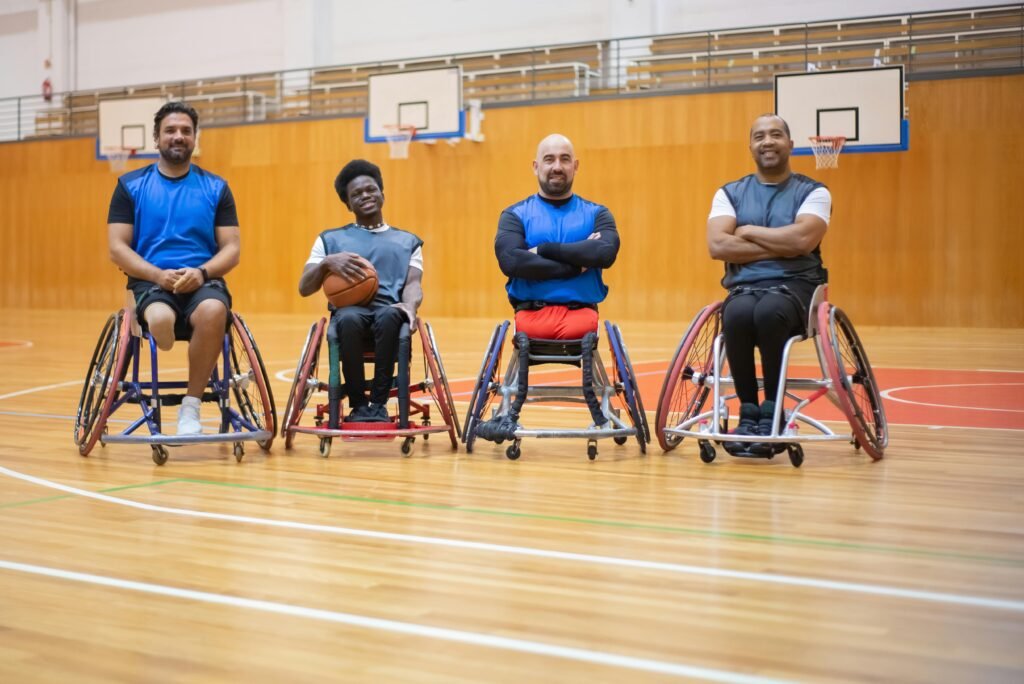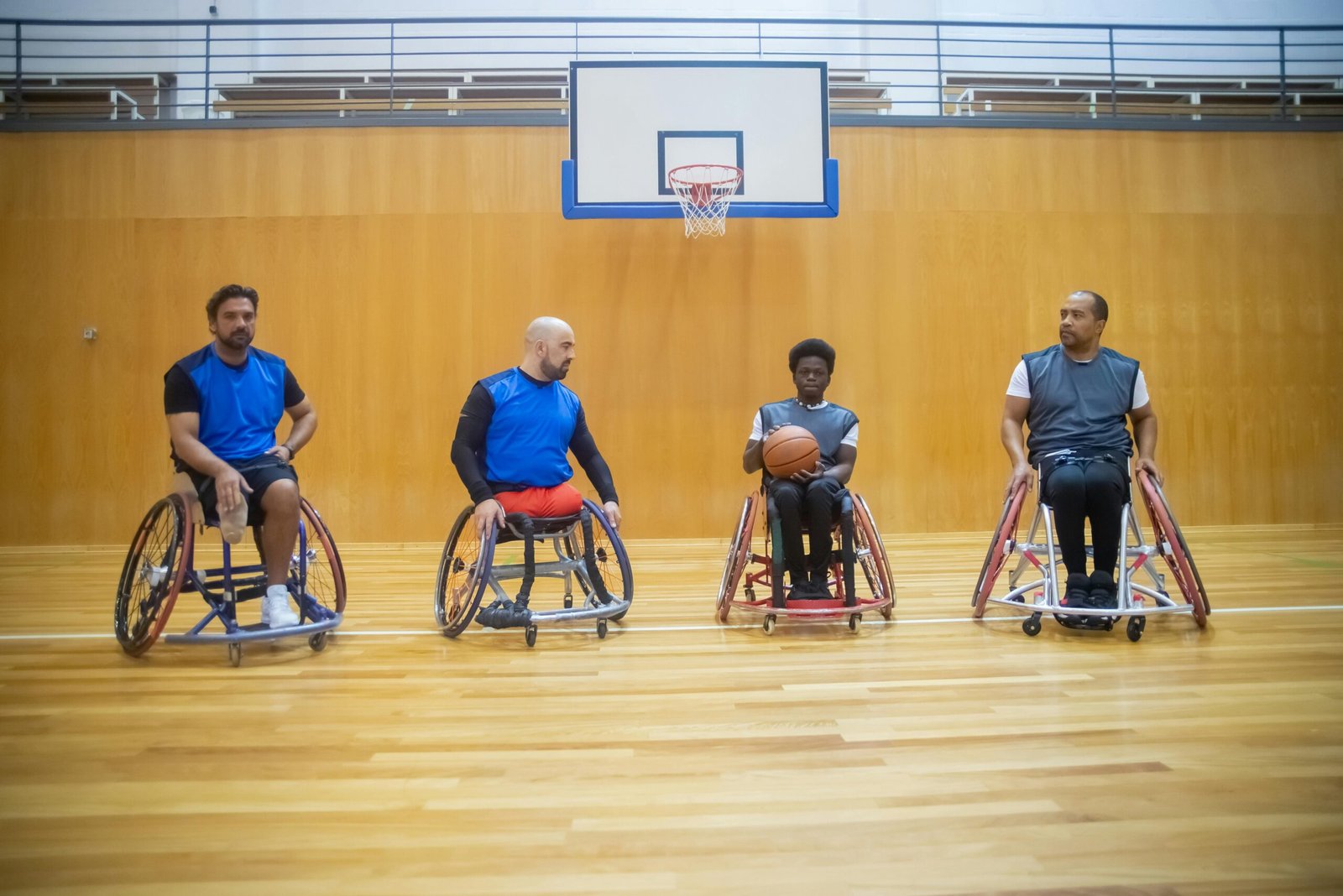As the golden years approach, knowing your entitlements as a veteran can provide immense comfort and security. The VA extends its gratitude to your service, ensuring that your end-of-life care is handled with dignity and ease. From hospice care to burial benefits, the spectrum of support offered eases the financial and emotional burden on you and your loved ones. Through the VA, you’ll find that a range of end-of-life services, including healthcare costs, memorial contributions, and final arrangements, are addressed with respect and honor for your dedication and sacrifice to your country. Let’s explore the breadth of veteran benefits designed to offer solace in the twilight of a hero’s journey.
Eligibility for VA End-of-Life Benefits
Criteria for Eligibility
For you or your loved one to be eligible for Veteran Affairs (VA) end-of-life benefits, several criteria must be met. First and foremost, the individual seeking benefits must be considered a veteran, meaning they served in active military, naval, or air service. Part of the eligibility also includes the type of service, with an emphasis on those who served during war times or received an expeditionary medal, although peace-time veterans are not completely excluded from receiving benefits.
Required Service Period for Benefits
The required service period for benefits can vary. In general, someone who has served for at least 24 continuous months, or the full period for which they were called to active duty, may be eligible for end-of-life benefits. There are exceptions, notably for those who were discharged for a disability incurred or aggravated in the line of duty, or those who served prior to September 7, 1980, as they might be eligible without meeting this minimum service requirement.
Status of Discharge and Benefits
Your status of discharge plays a critical role in determining eligibility. Generally, veterans must have been discharged under conditions other than dishonorable to receive end-of-life benefits from the VA. A dishonorable discharge typically disqualifies an individual from VA benefits, including those related to end-of-life care.
Types of End-of-Life Care Covered by VA
Hospice Care Options
The VA provides hospice care options that focus on comfort and quality of life for veterans in the advanced stages of a life-limiting illness. These services can be delivered in VA facilities, in private hospices, or at home, and may include medical, social, and spiritual support for both the veteran and their family.
Palliative Care Services
Palliative care services through the VA are offered alongside curative treatments and are designed to relieve symptoms, pain, and stress, regardless of the stage of the disease. This type of care helps you live more comfortably and can be provided in a variety of settings, including VA medical centers, outpatient clinics, and at home.
Home-Based Primary Care
The VA’s Home-Based Primary Care is a unique program for veterans with complex healthcare needs for whom routine clinic-based care is not effective. In this program, a team of health care professionals works together to provide care to you in your home, tailoring services to your specific needs.

This image is property of images.pexels.com.
VA Burial Benefits and Services
Burial in a VA National Cemetery
As a veteran, you are entitled to be buried in a VA national cemetery, subject to space availability. This includes the gravesite, opening and closing of the grave, a grave liner, perpetual care, and a headstone or marker — all at no cost to the family.
Headstones, Markers, and Medallions
The VA provides headstones, markers, and medallions that can be affixed to privately-purchased headstones to signify your veteran status. These symbols of service are provided without charge and can be delivered directly to the burial site.
Burial Flag and Presidential Memorial Certificate
A United States flag is provided at no cost, to drape the casket or accompany the urn of a veteran who served honorably. After the funeral service, the flag may be given to the next of kin or a close associate. You are also entitled to a Presidential Memorial Certificate, which expresses the nation’s recognition of the veteran’s service.
Reimbursement of Burial Expenses
Under certain conditions, the VA will reimburse burial expenses. While VA burial allowances are not comprehensive, they can help ease the financial burden on a veteran’s family during a difficult time. The amount depends on whether the death is service-connected or non-service-connected.
Monetary Death Benefits for Survivors
Dependency and Indemnity Compensation (DIC)
Dependency and Indemnity Compensation is a monthly benefit paid to eligible survivors of military service members who died in the line of duty or eligible survivors of veterans whose death resulted from a service-related injury or disease.
Survivors Pension
The Survivors Pension benefit, which is also known as a Death Pension, is a tax-free monetary benefit payable to low-income surviving spouses and/or children of deceased veterans with wartime service.
Death Gratuity and Servicemembers’ Group Life Insurance (SGLI)
Death Gratuity is a lump sum payment made to the survivors of service members who die while on active duty or within a designated time period after release from active duty. Servicemembers’ Group Life Insurance (SGLI) is another life insurance policy available to military members, which pays out a set amount to designated beneficiaries upon the member’s death.

This image is property of images.pexels.com.
Understanding VA Life Insurance Benefits
Servicemembers’ Group Life Insurance (SGLI)
SGLI provides low-cost term life insurance to eligible service members. If you are covered by SGLI and pass away, the insurance pays out to your designated beneficiaries, helping to ease potential financial strains in a time of loss.
Veterans’ Group Life Insurance (VGLI)
After leaving military service, you have the option to convert your SGLI to Veterans’ Group Life Insurance (VGLI). This policy allows you to continue life insurance coverage after separation from service.
Family Servicemembers’ Group Life Insurance (FSGLI)
FSGLI provides life insurance coverage to the spouses and dependent children of service members insured under SGLI. This can offer peace of mind, knowing that even in death, your family will receive some financial support.
Pre-Planning for End-of-Life Services
Importance of Pre-Planning
pre-planning your end-of-life services can offer you and your family peace of mind, knowing that your wishes are understood and will be followed. This advance planning can alleviate the decision-making burden on your loved ones during a time of grief.
How to Utilize the VA Pre-Need Eligibility Program
The VA Pre-Need Eligibility program allows you to determine your eligibility for burial in a VA national cemetery ahead of time. This program is intended to simplify and expedite the burial process when the time comes.
Resources and Assistance for Pre-Planning
There are numerous resources and assistance available to help you with pre-planning. The VA offers planning guides, and many VA national cemeteries have on-site representatives who can assist with pre-need planning.

This image is property of images.pexels.com.
VA Support Services for Families
Bereavement Counseling
The VA offers bereavement counseling to family members of service members who died while on active duty, as well as the families of veterans whose death is service-connected. This counseling provides a compassionate space to cope with loss and grief.
Survivor Support Groups
Survivor support groups can provide much-needed community and support for you, connecting with others who have experienced similar losses. These groups are often facilitated by individuals trained in grief support and can be found through VA sources.
Educational Resources for Coping and Planning
The VA provides educational resources to help you and your loved ones cope with the end of life and plan for what comes next. These resources offer guidance on dealing with the practical and emotional aspects of death and loss.
Utilizing VA Health Care at End-of-Life
Access to VA Hospitals and Community Living Centers
VA hospitals and community living centers offer care tailored to the unique needs of veterans at the end-of-life. This may include aggressive pain and symptom management, respite care, and skilled nursing.
Medical Equipment and Prescription Coverage
The VA can provide necessary medical equipment and prescription coverage for veterans in palliative care or hospice. This support includes items that maintain your quality of life and comfort.
Respite Care for Family Caregivers
Respite care is available to provide a temporary rest for family caregivers. This allows caregivers to take a break from the demands of around-the-clock care for you as a veteran, ensuring they have the time to recharge.

Navigating the Claims Process
How to File for VA End-of-Life Benefits
To file for VA end-of-life benefits, you can submit a claim online, by mail, in person at a VA office, or with the help of a trained professional, like a VA-accredited attorney or a Veterans Service Officer.
Required Documents for Claim Submission
When submitting a claim, you will need to provide documentation such as discharge or separation papers (DD Form 214 or equivalent), death certificate, and any other records that pertain to service and marital status if applicable.
Appealing a Denied Claim
If your claim is denied, you have the right to appeal the decision. The appeals process includes several steps, and you may benefit from seeking the assistance of a VA-accredited attorney or claims agent.
Additional Support Programs and Nonprofit Resources
Veteran Service Organizations (VSOs)
VSOs such as the American Legion, Veterans of Foreign Wars (VFW), or Disabled American Veterans (DAV) provide advocacy and support services, including assistance with filing VA claims and accessing benefits.
Community-Based Programs
There are also community-based programs available that can offer a variety of assistance, from caregiving support to home modifications for veterans with mobility issues.
Grants and Private Aid for Veteran End-of-Life Care
Lastly, grants and private aid may be available to assist with veteran end-of-life care costs not covered by VA benefits. These grants can come from various nonprofit organizations or foundations dedicated to supporting veterans and their families.
